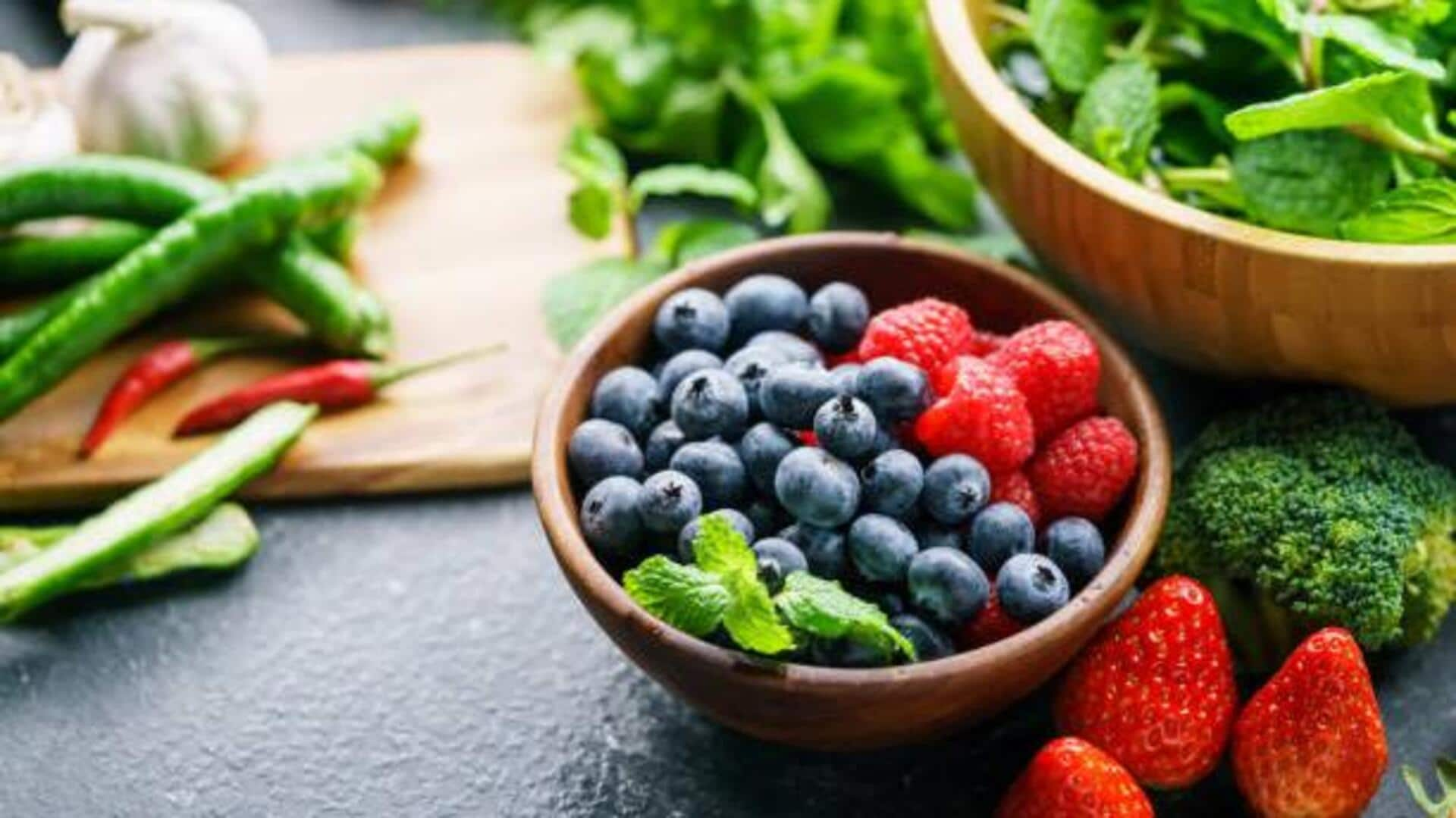
Antioxidants: Myth v/s facts
What's the story
Antioxidants are often touted as the magic bullet for good health, but the truth is, the science behind them is often misunderstood. While they do play an important role in protecting cells from damage, the claims of their miraculous benefits are often exaggerated. Knowing the facts about antioxidants can help you make informed decisions about your diet and lifestyle. Here's a look at some common myths and truths about antioxidants.
#1
Myth: Antioxidants can prevent aging
One of the most common misconceptions is that antioxidants can stop aging. While they do help combat oxidative stress, which contributes to aging, they cannot stop the process altogether. Aging is a natural phenomenon influenced by genetics and environmental factors, not just oxidative damage. Relying solely on antioxidants for anti-aging effects is misleading and oversimplifies the complexities of human biology.
#2
Myth: More antioxidants means better health
Another myth is that consuming high amounts of antioxidants will drastically improve your health. While a balanced intake of antioxidant-rich foods can support overall well-being, too much of anything isn't good. Excessive consumption through supplements may even have adverse effects, such as interfering with normal cellular functions. A varied diet with naturally occurring antioxidants is more beneficial than high-dose supplements.
#3
Myth: All antioxidant supplements are safe
Many believe all antioxidant supplements are safe and effective without side effects. However, some studies indicate that certain supplements may increase health risks instead of decreasing them. For instance, high doses of beta-carotene have been linked to an increased risk of lung cancer in smokers. It's important to consult healthcare professionals before starting any supplement regimen.
#4
Myth: Antioxidants can replace a healthy diet
Some think that popping antioxidant pills can replace a healthy diet full of fruits and vegetables. But, this is far from the truth. Whole foods provide a complex mix of nutrients that work together in ways that isolated supplements cannot replicate. A diet rich in diverse plant-based foods ensures you get not just antioxidants but also fiber, vitamins, and minerals essential for good health.
#5
Myth: All fruits and vegetables are equally antioxidant-rich
Not all fruits and vegetables are created equal when it comes to antioxidant content; some are way more potent than others. Berries, leafy greens, nuts, and seeds are some of the best sources, thanks to their high levels of flavonoids and polyphenols. Knowing which foods pack the most antioxidants can help you make better dietary choices without having to rely on supplements.